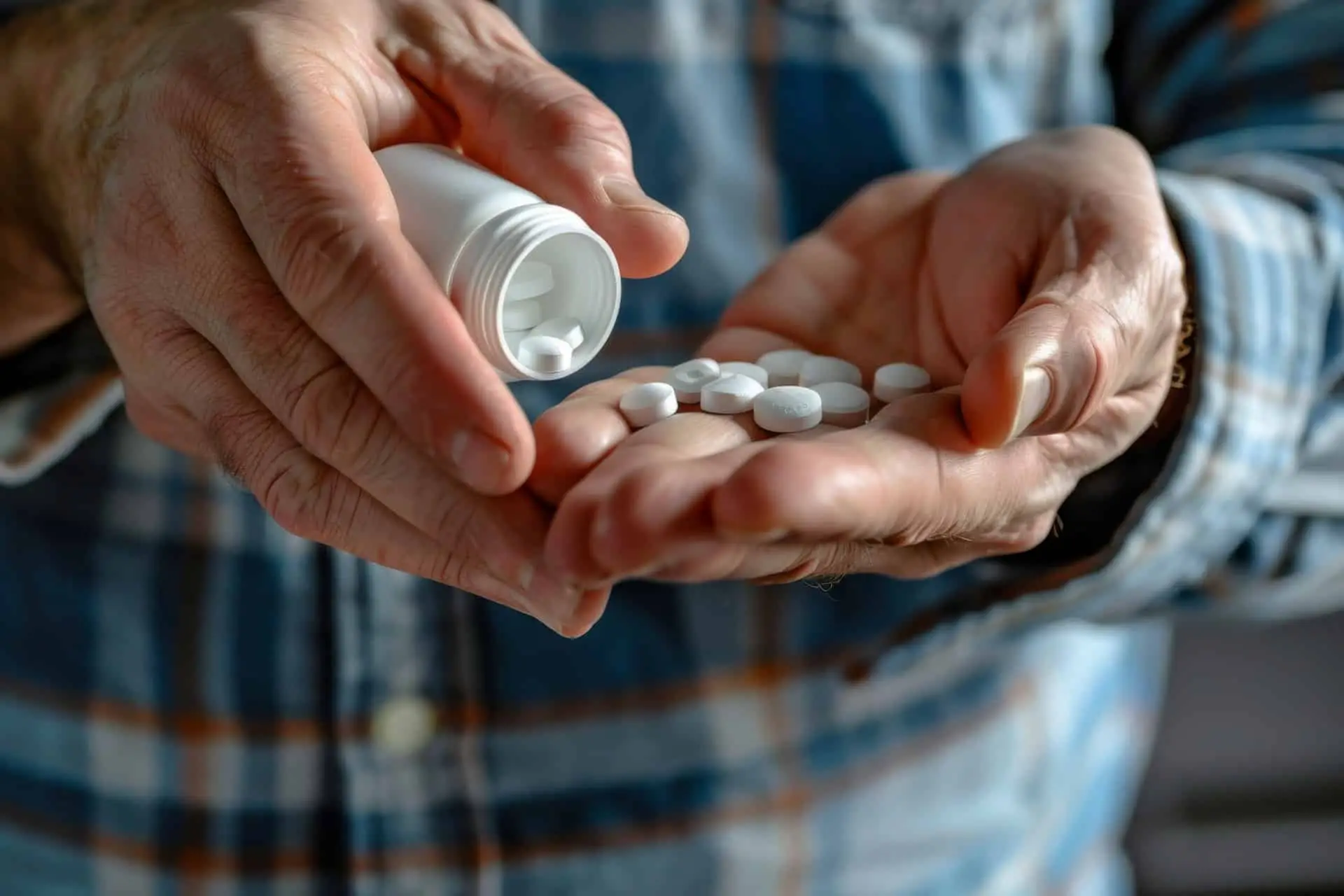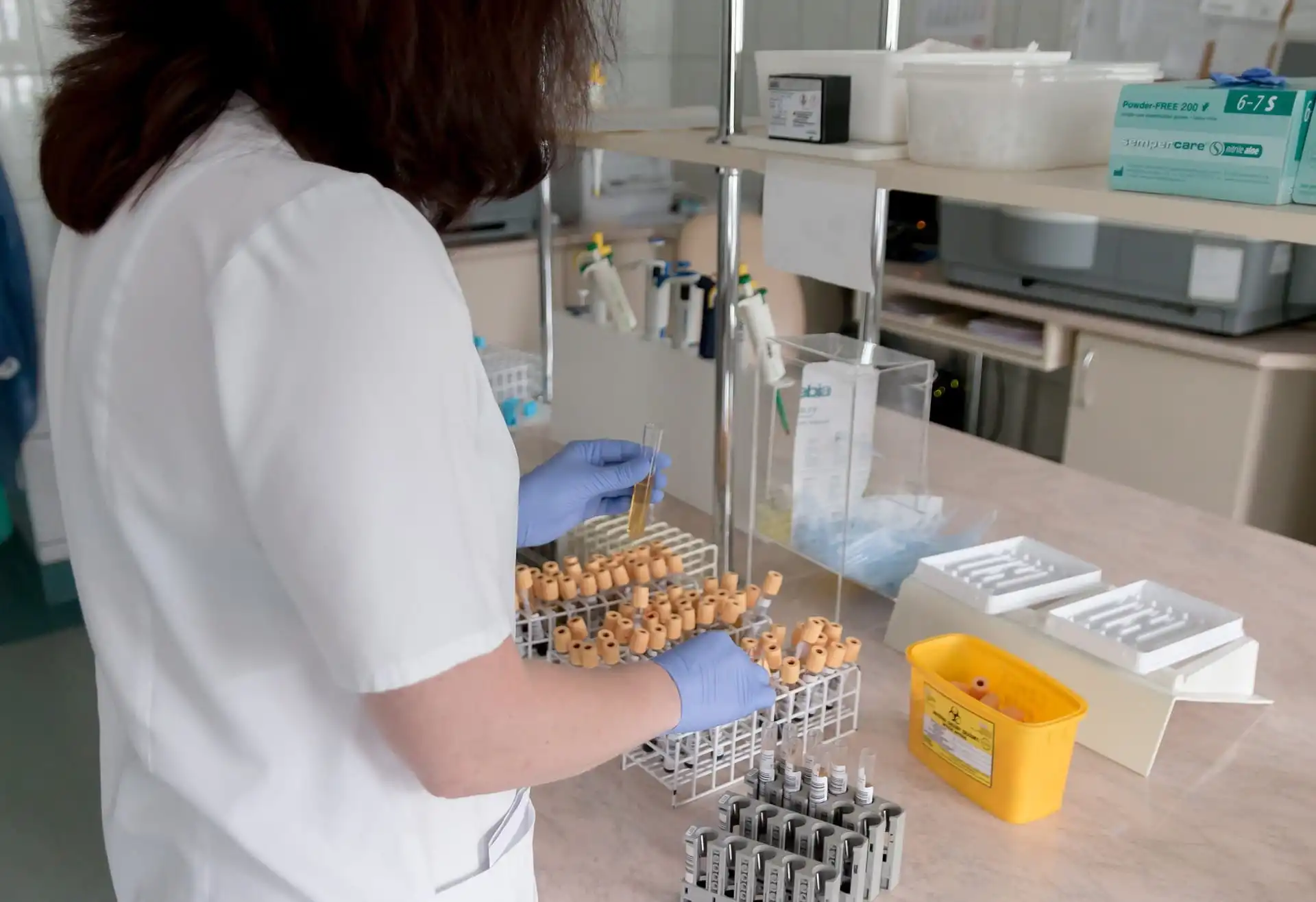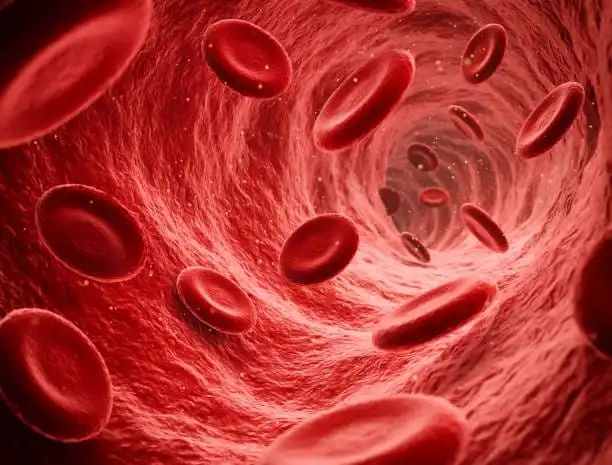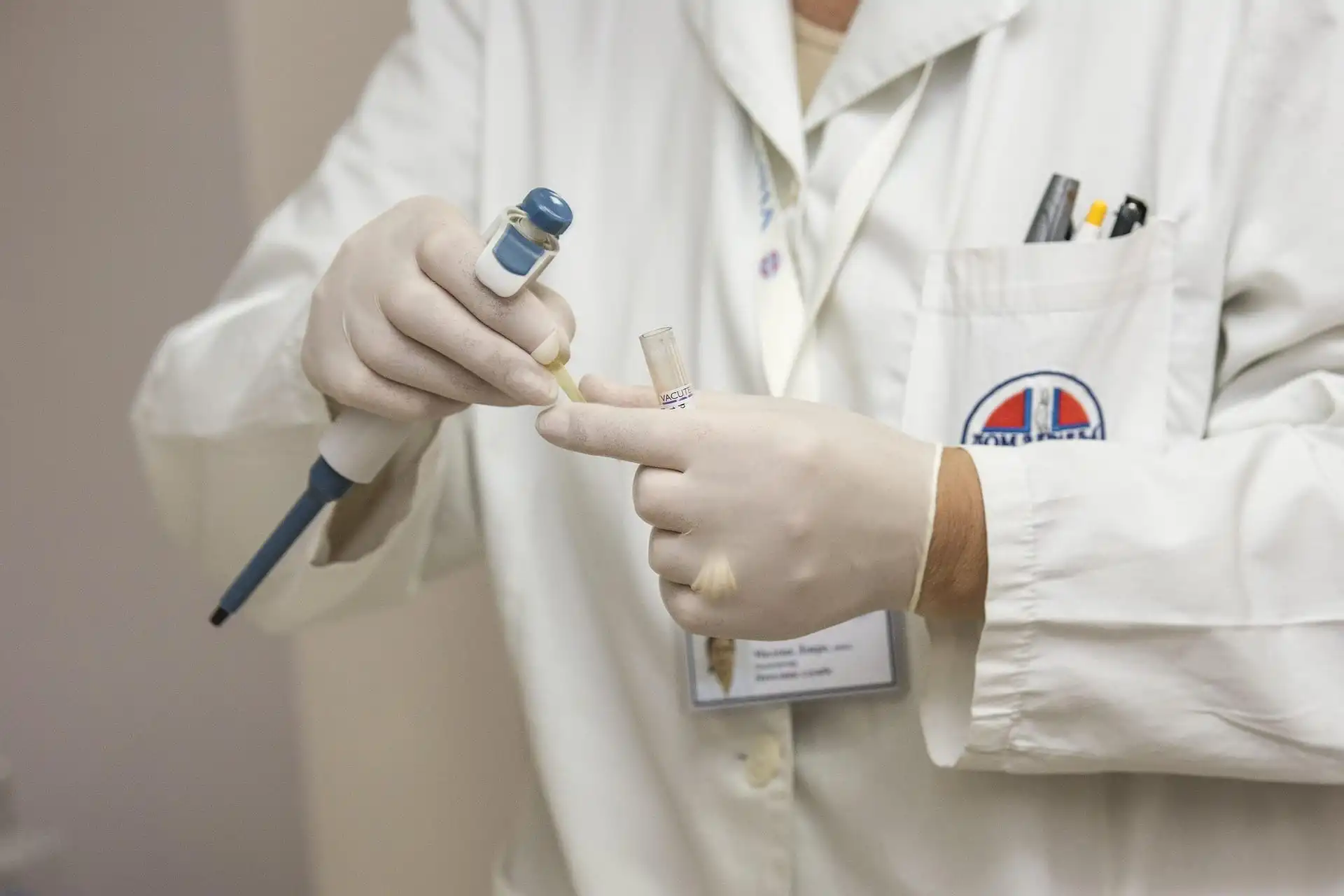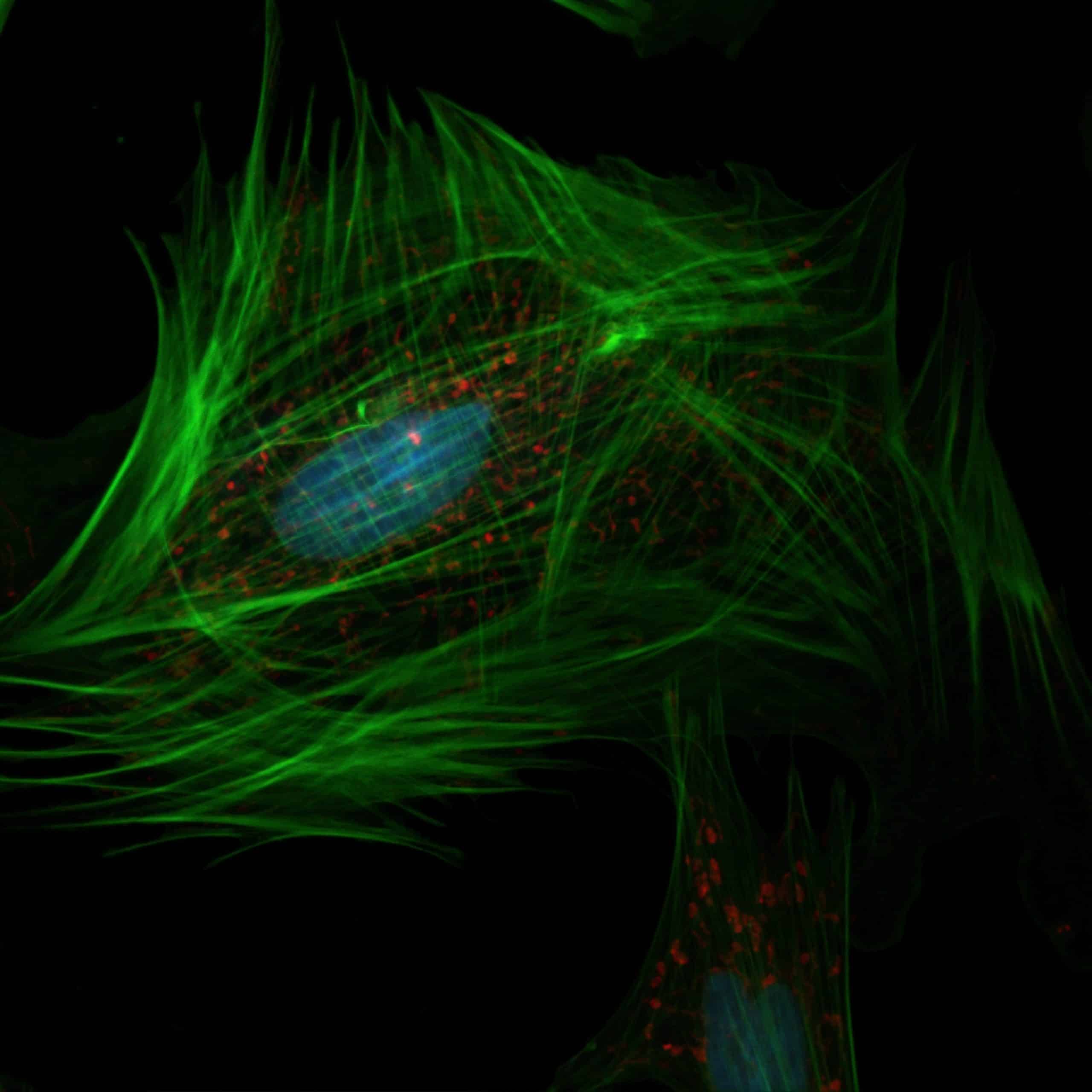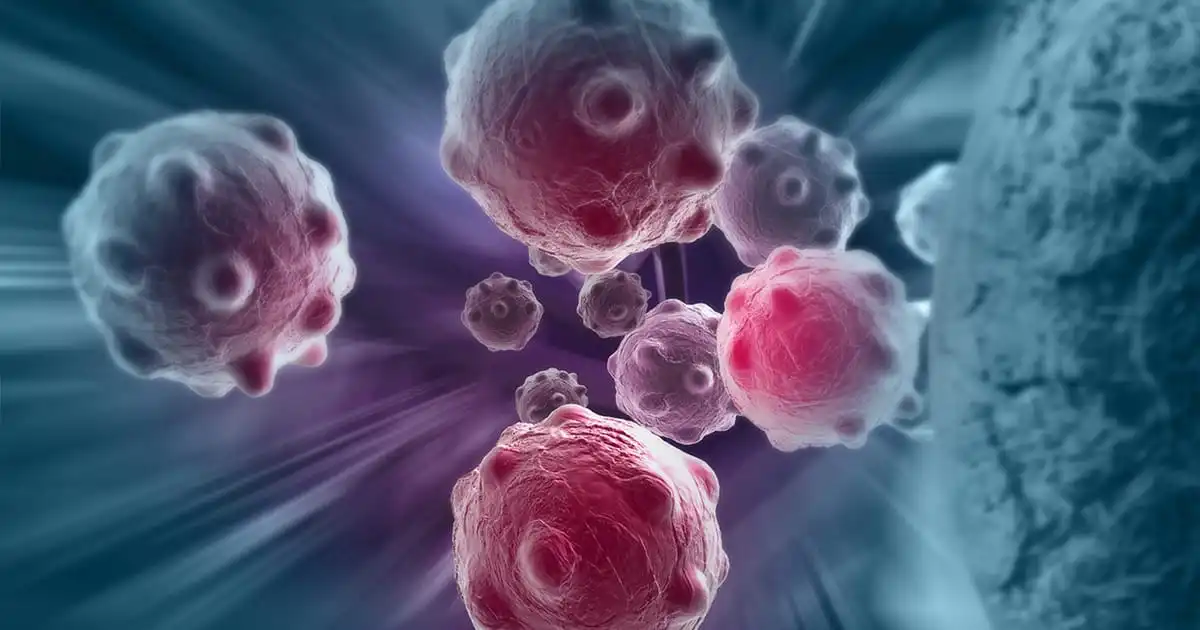
Imiquimod, an agent with antiviral and antitumor properties, encourages an immune response through the production of cytokines such as interferon-α, interleukin-6, and interleukin-8.
According to a recent study presented by YCC researchers on April 9, 2024, at the American Association for Cancer Research (AACR) Annual Meeting in San Diego, California, found that non-invasive techniques, imiquimod suppositories which contain a topical medication that stimulates an immune system response, could eventually displace surgery as the most effective method of treating CIN2 and perhaps CIN3.
The FDA has approved imiquimod for use against actinic keratosis, external genital warts, and basal cell carcinoma. Off-label uses of imiquimod include treating neoplasms.
Cervical cancer, which is frequently brought on by ongoing human papillomavirus (HPV) infections, continues to be a global public health concern even if the number of cases is down due to the HPV vaccine’s effectiveness in young adult women. Every year in the United States, cervical cancer claims the lives of over 11,500 women and causes over 4,000 new cases of the disease.
The effectiveness of imiquimod suppositories, which contain a topical medication that stimulates an immune system response, both alone and in combination with the 9-valent human papillomavirus (9vHPV) vaccine in patients with cervical intraepithelial neoplasia (CIN), grades 2 and 3, was investigated in a randomised, three-arm (compares three different groups) phase II trial conducted by Yale Cancer Centre (YCC) researchers at Yale School of Medicine. A person with CIN develops abnormal cells at the cervix, the opening to the uterus, which is a precancerous condition. Most typically, HPV strains are to blame.
Researchers from YCC examined the effectiveness of vaccination therapies and noninvasive immunomodulatory drugs for women with CIN2 and CIN3. The least severe aberrant cells are found in women with CIN1, which normally has a regression rate of over 90% over time and does not usually require surgery.
Three groups of 133 patients with CIN 2 (77%) and CIN 3 (23%) were randomly assigned in this study. One group received imiquimod treatment, another received imiquimod treatment together with the 9vHPV vaccine as a protective shield, and a third group, which served as the control, was observed via clinical surveillance.
The results of the study were presented by YCC researchers on April 9, 2024, at the American Association for Cancer Research (AACR) Annual Meeting in San Diego, California. The journal Clinical Cancer Research published the findings at the same time.
The good outcomes for women with CIN2 exceeded the regression (reduction of aberrant cells) rates of previous retrospective investigations. As opposed to 79% in the surveillance group, 95% of patients treated with imiquimod alone observed their condition deteriorate to levels usually associated with CIN1 (lowest severity) or better. The regression rate was 84% when 9vHPV vaccination was added to imiquimod therapy.
The trial’s findings support the idea that noninvasive techniques could eventually displace surgery as the most effective method of treating CIN2 and perhaps CIN3. Future research on imiquimod for cervical intraepithelial neoplasia should involve a larger proportion of patients with CIN3.
Download GMP-Certified API Product List
MedicaPharma is an EU-based supplier of GMP-certified APIs that serves leading healthcare institutions and research organizations. Click here to download our complete API product list.
Get your requested raw materials quotation
Table of Contents
Mechanism of action
Imiquimod works by inducing both innate and acquired immune responses, which in turn cause inflammatory cells to infiltrate the area where the drug is applied and then cause sick tissue to undergo apoptosis. Imiquimod doesn’t directly combat viruses. According to studies on mice, imiquimod can trigger the expression of the IFNB gene, multiple IFNA genes (IFNA1, IFNA2, IFNA5, IFNA6, and IFNA8), and cytokines such as interferon-alpha (IFNA). Tumour necrosis factor alpha, IL-8, and interleukin (IL)-6 genes were also encouraged to express themselves by imiquimod. Imiquimod appears to function as a toll-like receptor-7 agonist in the treatment of basal cell carcinoma. It is believed to achieve its anti-tumor impact by altering the immune response and inducing apoptosis in BCC cells. It may enhance the infiltration of macrophages, dendritic cells, and lymphocytes into the tumour lesion while treating basal cell carcinoma.
Get your requested raw materials quotation
At MedicaPharma we offer Imiquimod following GMP + GDP guidelines.
Our API-Products: Reliable, fast, and with full regulatory support towards GMP + GDP guidelines
MedicaPharma provides a wide range of APIs and components.
When it comes to making trustworthy and safe medications, quality is crucial. With the highest standards for quality and security, we provide a wide range of restricted substances and raw materials (vet + human).
We cover niche compounds, sometimes known as specialised medicines, as well as “super sales” molecules. Our excellent standards of quality and safety throughout the whole value chain are attested to by our GDP and GMP certifications. If the R&D and commercial API items you’re looking for aren’t listed on our website, please get in touch with us by completing the form on this page.
Get a Fast and Easy GMP-Certified API Quote
Focus on your compounding pharmacy business and let MedicaPharma take care of your APIs. Obtaining a quote is easy

